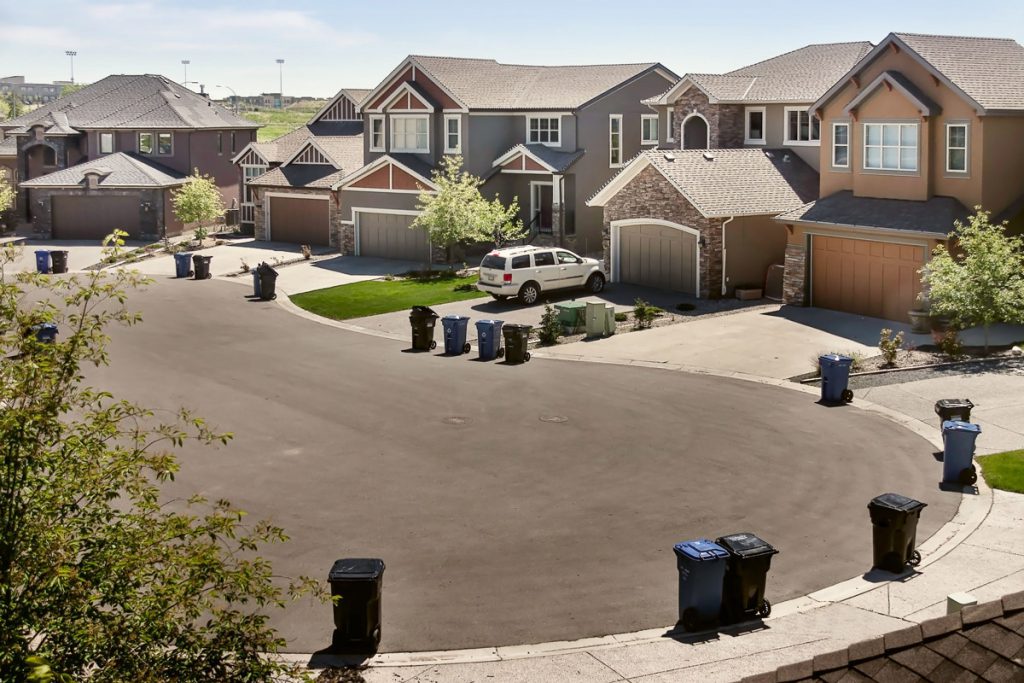Advanced Recycling for Plastic: Helping Meet Recycling Goals
Advanced recycling helps us recycle more of the 90% of plastic that is not recycled today. Advanced technologies will help governments and companies meet ambitious plastic recycling goals.
Advanced Recycling Helps Improve Sustainability
“Advanced recycling for plastic” refers to a suite of technologies that convert plastic into its raw materials, allowing it to be remanufactured into brand new plastic. Helping keep plastic out of landfills, incinerators and our environment… and in our economy.
Simply put, advanced recycling allows us to remanufacture used plastic again and again.
Advanced recycling will help us dramatically increase the types and amount of plastic that we can recycle, which will help us tackle more of the 90% of plastic that is not recycled today. In turn, this will help governments and companies meet their ambitious targets for increased plastic recycling and use of recycled plastic.
This manufacturing process reduces our use of natural resources and helps drive down greenhouse gas emissions compared to conventional plastic production. Plus, studies have determined that advanced recycling facilities have similar air emissions to universities, hospitals and comparable light manufacturing facilities (see more below).
Despite some claims about the processes, advanced recycling technologies do not involve incineration or burning of plastic. Obviously, burning plastic would result in no saleable products.
Despite some claims about the processes, advanced recycling technologies do not involve incineration or burning of plastic.
Learn more about advanced recycling.
Smart Public Policies Can Help Meet Recycling Goals
Public policies on advanced recycling for plastic at the local, state, federal and international levels should embrace the following two principles.
1. Advanced Recycling = Recycling
Public policy should recognize plastic manufactured through advanced recycling technologies as recycled material, contributing toward goals to recycle more plastic and to use more recycled plastic in new products and packaging.
Recycling Goals:
Manufacturing plastic through advanced recycling technologies can contribute to:
- EPA’s U.S. National Recycling Goal (50% by 2030),
- other government recycling targets or mandates, and
- recycling targets in extended producer responsibility (EPR) programs.
Recycled Content Goals:
Plastic manufactured from used plastic through mechanical or advanced recycling technologies should be recognized as “recycled plastic.”
- Brand companies should be able to use plastic manufactured through advanced recycling technologies toward their goals for recycled plastic in packaging and products.
- Recycled plastic (mechanical and advanced) should be measured, verified and reported via an approved certification system, such as mass balance. Learn more about mass balance.
- The Federal Trade Commission should recognize verifiable marketing claims for recycled plastic manufactured through advanced recycling.
- The Food and Drug Administration should facilitate the use of plastic manufactured through advanced recycling for food-contact applications.
NOTE: Products manufactured through advanced recycling technologies that are sold or marketed as “fuels” should not
be recognized as recycling.
2. Advanced Recycling = Manufacturing
Public policy should recognize advanced recycling as a more sustainable manufacturing process, which will help accelerate a circular economy for plastic, in which plastic is reused instead of discarded.
Learn more about a circular economy for plastic.
Regulating advanced recycling as manufacturing will better help protect public health and the environment.
- Advanced recycling facilities should be recognized and regulated as manufacturing, not solid waste incineration. These facilities turn raw materials into finished goods for sale, like other manufacturing. As manufacturing, advanced recycling facilities should be regulated under
environmental, health and safety laws that apply to manufacturing. - Advanced recycling manufacturing facilities are similar to many other “light industrial” facilities and should be sited as such.
- Like similar manufacturing facilities, discussions about siting advanced recycling facilities should be inclusive to ensure that historically underrepresented communities can participate and that their views are factored into decision-making.
Advanced recycling allows us to remanufacture used plastic. Again and again.
Advanced recycling will help governments and companies meet ambitious recycling goals.


